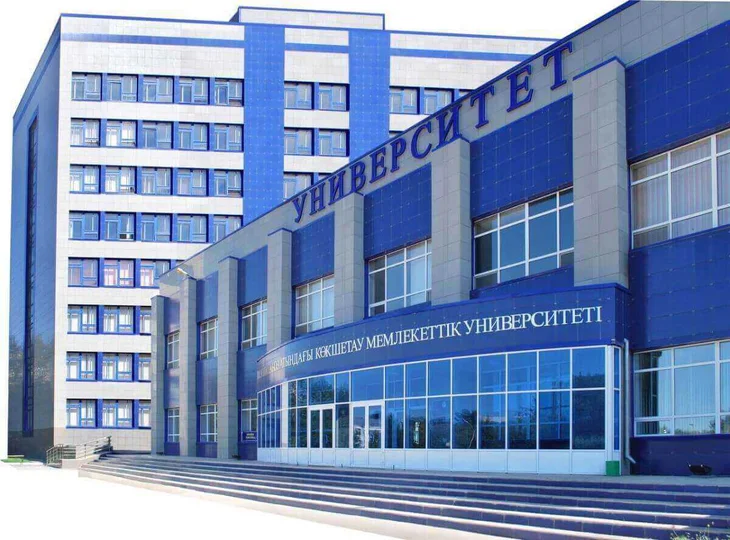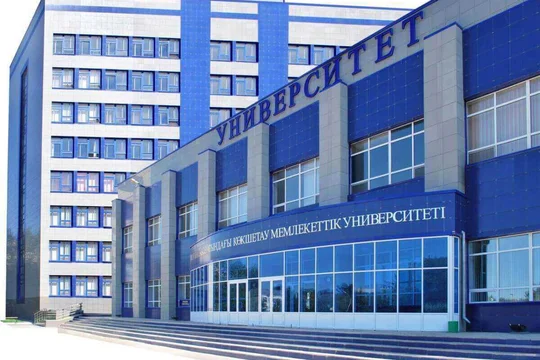The high school chemistry and biology (multilingual education)

Educational program code
6В01504
Language of instruction
Kazakh, Russian
Learning level
Undergraduate
Duration of study
4 year
Specialized subjects
Chemistry
Biology
Objectives of the educational program
- formation of basic professional competencies for future teachers;
- • creation of prerequisites for independent search and research activities of students in the framework of a chemical experiment at all its stages;
- • the ability to work with scientific and technical information, to use domestic and foreign experience in professional activities, to systematize and generalize the information received.
- Academic writing
- Information and Communication Technologies (in English)
- Sociology
- Theoretical foundations of inorganic chemistry
- Education management and digitalization
- Physical education
- Inclusive education
- Kazakh/Russian language
- Modern history of Kazakhstan
- Culturology
- Physiology of the development of schoolchildren
- Pedagogy
- Introduction to the teaching profession
- Psychology
- Political science
- Philosophy of history
- Theory and methodology of educational work
- Philosophy
- Foreign language
- Analytical chemistry (quantitative analysis)
- Analytical chemistry (qualitative analysis)
- Methods of teaching biology
- Use of ICT in teaching biology
- Histology, cytology, embryology
- General chemistry
- Cellular microbiology
- Chemistry of surface-active compounds
- Fundamentals of zoology, botany and anatomy
- Leadership and youth policy
- Methods for the study of organic compounds
- Organic chemistry
- School course in organic chemistry
- Theoretical foundations of organic chemistry
- Fundamentals of law and anti-corruption culture
- Physiology of plants and animals
- Fundamentals of life safety
- Fundamentals of physical and colloidal chemistry
- Physical chemistry
- Physico-chemical methods of analysis
- Solving problems of increased complexity in chemistry
- Methodology for solving problems in chemistry
- Fundamentals of chemistry
- Methodology for solving experimental tasks in chemistry
- Fundamentals of chemical analysis
- Chemical Technology
- Basic processes and apparatuses of chemical technology
- Methodology of chemical experiment
- Shokan studies
- Ecology and sustainable development
- Fundamentals of economics and entrepreneurship
- Theory of solutions of electrolytes and non-electrolytes
- Fundamentals of electrochemistry
- Chemistry of elements
Learning outcomes and competencies
- Demonstrate knowledge in the natural sciences, social sciences, humanitarian and economic disciplines that contribute to the formation of a respectable and highly educated personality with a broad outlook and a culture of thinking in an inclusive environment.
- Apply the skills and abilities of constructive dialogue, communication in a multicultural, multi-ethnic and multi-confessional society, with the aim of a tolerant attitude in situations of cooperation, teamwork in leadership positions.
- Possess language skills of types of speech activity that meet the requirements of level B2 in the conditions of multilingual education; be able to use modern active teaching methods, methods of developing critical thinking, means and forms of teaching within the framework of the updated content of the secondary school, apply a creative approach when performing tasks, both in educational and scientific and educational activities.
- Know the concept and legal framework of the updated content of secondary education, the organization of the educational process using documents of a new format (LTP, MTP, STP).
- Use modern active learning methods and criteria-based assessment technologies (Section Summative, Quarter Summative and etc.).
- Plan, organize scientific and project work using chemical reagents on modern instruments and equipment of physical and chemical research methods based on the skills of safe experimentation, as well as know the features of academic writing (abstract, essay, review, abstract, scientific article), be able to analyze scientific texts in terms of research strategies, possess the skills of public presentation and discussion of scientific works in the field of chemistry.
- Apply fundamental knowledge and understanding of facts, phenomena and main theoretical sections in the field of chemistry and biology of the elementary school, taking into account intra- and inter-subject relationships; compliance of the content of the sections and themes with the trends of the 21st century, emphasis on the formation of special skills of pedagogical goal-setting by levels of education and throughout the entire course of study to take into account intra-subject communications as much as possible.
- Understand the set of values and principles that expresses academic honesty in learning when doing written work (tests, milestones, essays, term papers and theses), answering exams, in research, expressing one's position, in relationships with academic staff, teachers and other students as well as in evaluation.
